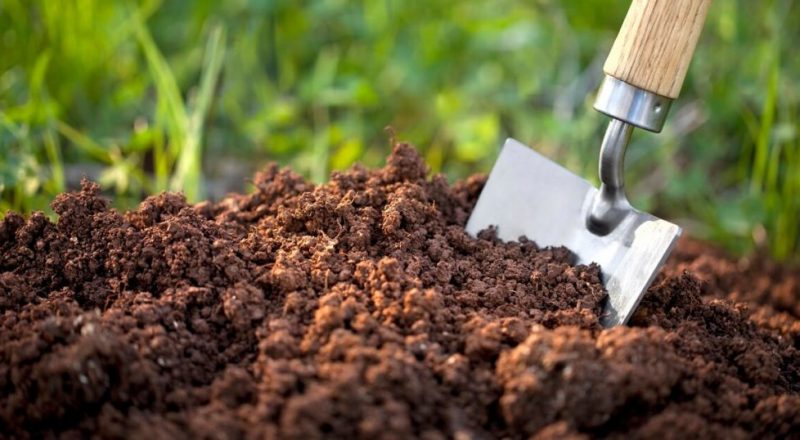Soil testing may yield significant information for growers and grazers concerning the overall health, fertility, construction, and physical attributes of any land and its suitability for different plants.
By blending scrupulous record-keeping with specialist soil testing, it’s possible for farmers to develop knowledge about the qualities of their farm along with respective areas. You can buy the best lawn and landscape management at https://www.landsaveorganics.com.au/.
By taking action before problems grow, it’s possible that you make precise predictions to plan childbirth, inter-cropping, and crop rotation strategies weeks or years to the future.

Online laboratories offer you different soil testing bundles, which may consist of standard soil evaluation to advanced soil evaluation or comprehensive soil evaluation. The majority of these online labs also have offered a private soil testing kit for houses and gardens.
This evaluation for the existence of fast and slow-release phosphorous (P1 Weak Bray and P2 Powerful Bray respectively); soil pH, which can be a measure of relative acid; soil nutrient retention possible; and amounts of important trace elements like aluminum, boron, iron, and manganese, and zinc.
Among the most crucial tests to do is your soil pH test. PH is a measure of relative acidity running from 1 to 14, with 7 being considered impartial, lower amounts acidic, and higher amounts being more alkaline.
Soil with a pH of over 7 is alkaline, with plenty of hydroxyl (OH-) ions. Alkaline soils have a tendency to be deficient in important trace elements that plants will need to stay healthy. Soil that is extremely acidic or alkaline can become toxic to plants and can get the soil to modify in such a manner as to interfere with plants in future decades.


